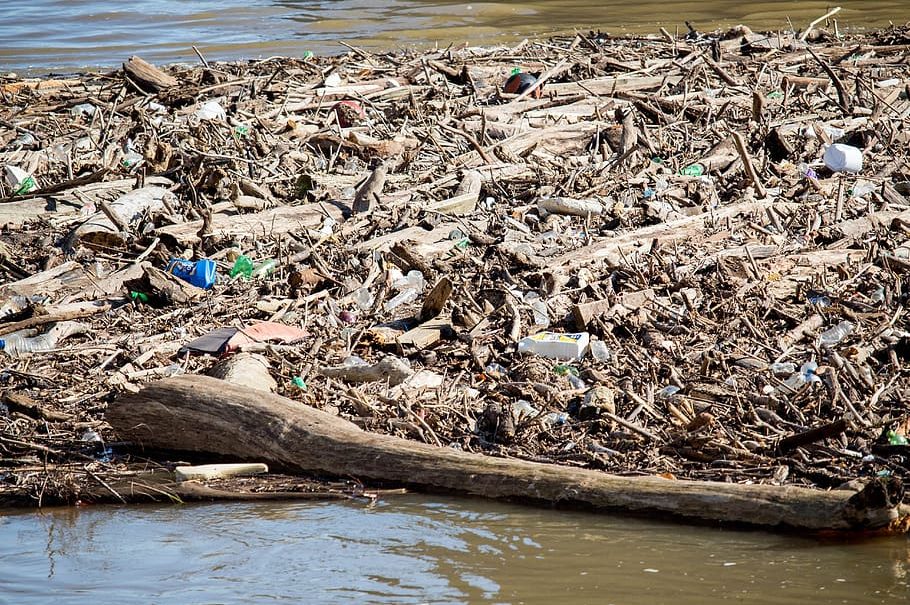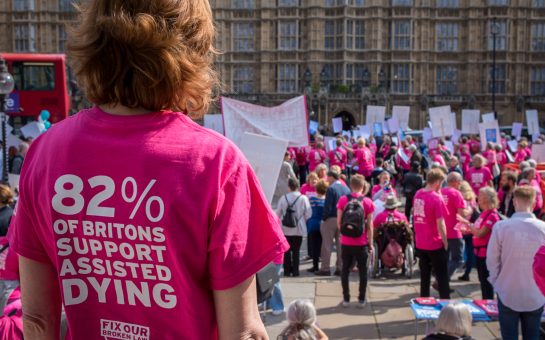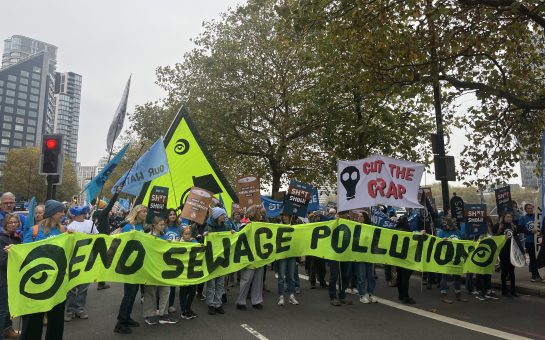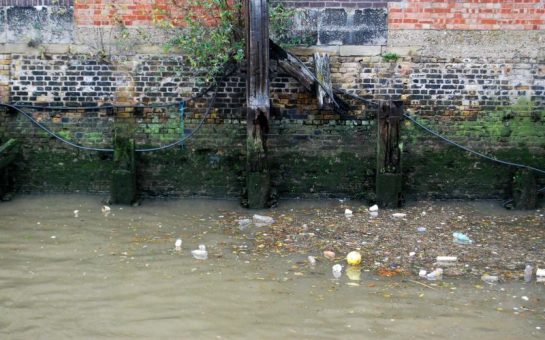The UK government has announced a plan to ban wet wipes to reduce rising water pollution levels.
The proposed ban on wet wipes containing plastic was announced as part of a series of measures from the government’s wider Plan for Water, which was published earlier this week.
Wet wipes have historically been reported to cause 93% of sewage blockages, costing around £100m a year to solve, a 2017 Water UK study showed.
Wet wipes contain microplastics which are slow to break down, causing contamination in water and food supplies.
Unable to decompose, wipes can lead to a build-up in UK rivers, leading to reefs of discarded wet wipes in some areas.
Plans to enforce this ban are not new as a government consultation from 2021 found 96% of respondents supported the idea.
High-street chemist Boots announced it would ban all plastic-based wet wipes in its high-street stores last year.
This came shortly after supermarket chain Tesco became the first major retailer to enforce the ban.
Alternatives to wet wipes containing plastics are on the market, and the ban would force suppliers to revisit sustainability measures.
Thames21, an environmental charity aimed at reducing water pollution, has been calling for these measures to come into force for a while.
A spokesperson said: “It will make a difference to the wildlife on the Thames and help keep the river healthy.
“Together with our volunteers, we have counted and removed around 64,000 wet wipes from several small sections of the Thames foreshore over five years. These statistics show the urgency and scale of the problem.
“The ban on plastics in wet wipes is necessary but not sufficient to improve river health in the UK.
“Elsewhere, we await clearer and more effective targets on reduction of sewage pollution and a plan to tackle other serious pollutants in UK rivers.”





